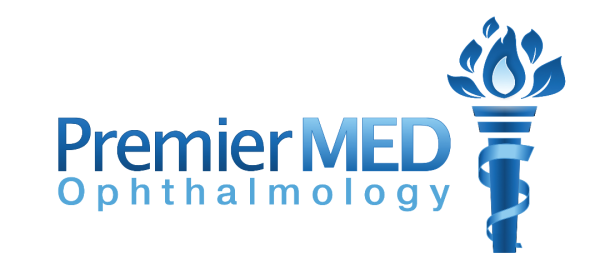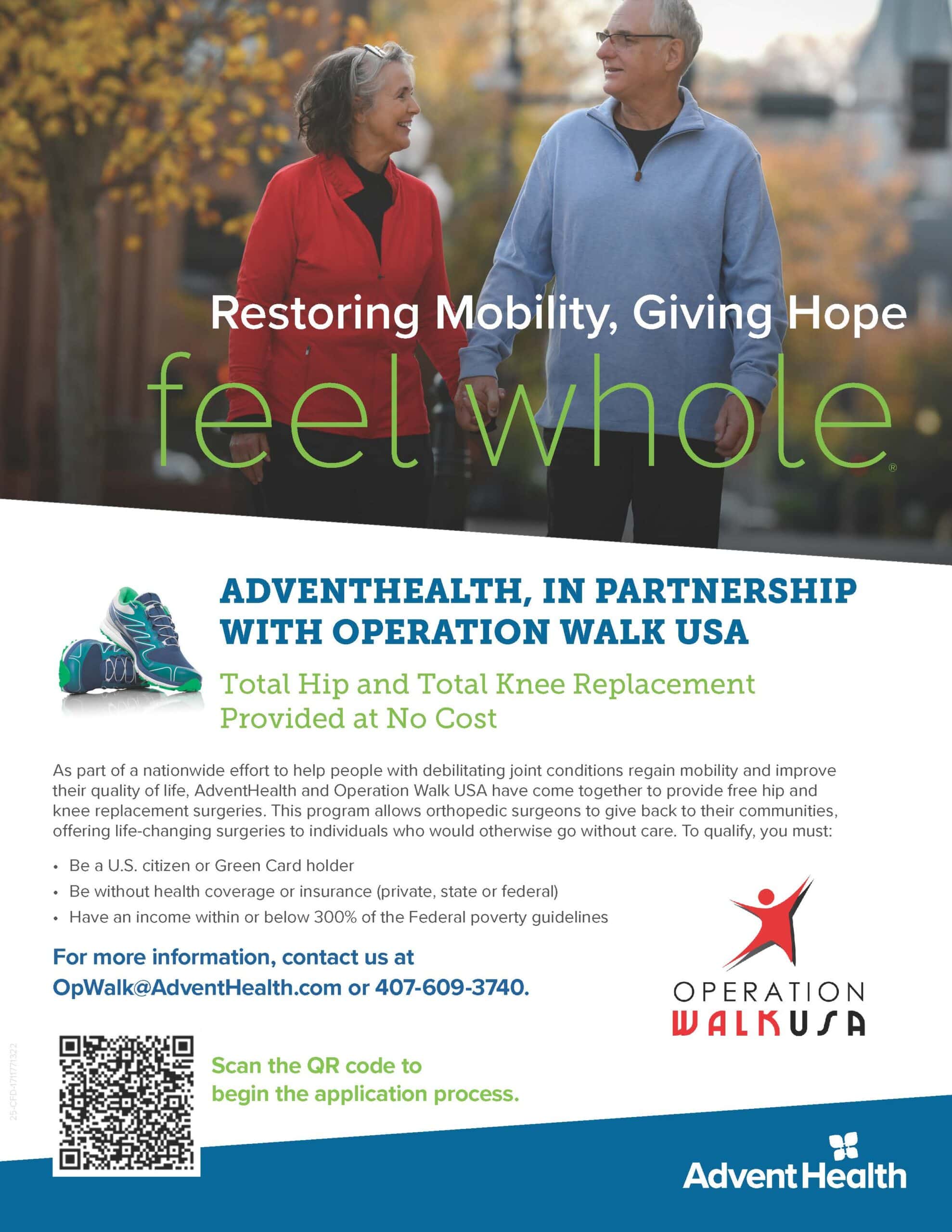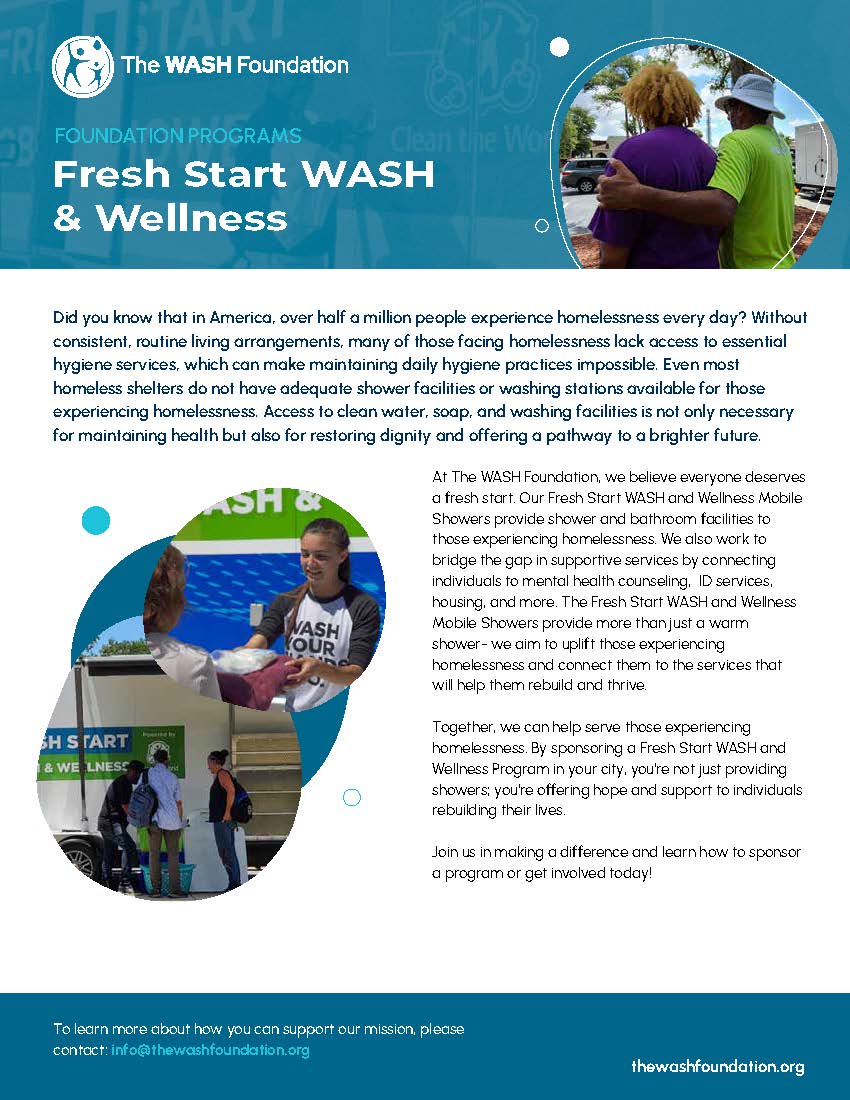Open Your Eyes to Vision Health

Not many people know how important eye health is! We connected with Dr. Mike Imler of PremierMED Ophthalmology in Winter Garden, who taught us all about eye exams, disease prevention, and even how to shop for sunglasses!
Why is it important to get regular eye exams?
For babies and children, abnormalities in the eye can form as they develop. Regularly taking your children to an ophthalmologist allows doctors to recognize and quickly treat any symptoms before they become lasting problems. Entering the later stages of life, our vision naturally deteriorates and diseases like macular degeneration can begin to impair sight heavily if not caught and treated in its early stages.
How often should we get eye exams?
The American Academy of Ophthalmology (AAO) recommends that babies and infants be seen at least annually, possibly more based on doctor recommendation. For adults, the frequency of annual exams is variable. People with diabetes should be seen annually, or possibly more frequently, as diabetes can cause damage to the retinas. The frequency of visits in this case will depend on the severity of retinal damage observed by the doctor. Non-diabetic adults should get one comprehensive dilated exam at age 40, which is about when people begin noticing deterioration in near vision.
What are the most common eye diseases and who is at risk?
The three most common eye diseases are Cataracts, Glaucoma, and Macular Degeneration. For all three, the most common risk patients are people over 40 and people with family members that also have the corresponding diseases. Heart disease, high cholesterol, and a history of smoking are also risk factors for Macular Degeneration.
How can we prevent eye disease?
The best ways to avoid eye diseases are refraining from smoking or using tobacco, reducing eye strain by following the 20-20-20 rule (when looking at up-close things like books and screens, take a break every 20 minutes to stare at something at least 20 feet away for 20 seconds), and maintaining a healthy, diverse diet containing fresh fruits and vegetables.
How can we protect our eyes?
Eye protection comes in all shapes. For people who spend a lot of time outdoors, sunglasses are instrumental in reducing corneal and lens damage caused by UV radiation, both of which can lead to cataracts and eye cancers. Computer glasses are also great protectors in this digital age, as they reduce eye strain caused by prolonged staring at computers. Finally, when working in areas with lots of debris or chemicals (construction, home-improvement, yardwork, etc.) or when playing high-intensity sports, wear protective goggles. According to the AAO, 90% of eye injuries can be prevented by wearing proper eye protection.
How can screen time affect vision health?
When staring at screens for a prolonged period, our eyes tend to blink less, which causes dryness, irritation, and overall strain. Despite recent, popular belief, blue light emitted from devices like laptops or phones does not cause damage to your eyes. The only effects of prolonged screen time are the previously mentioned eye-strain problems, which don’t cause any lasting damage and are easily preventable using the 20-20-20 rule as well as eye-drops.
What should we look out for when buying sunglasses?
The most important thing is to make sure to buy sunglasses with Ultra-Violet (UV) absorbing lens coating. While plastic and glass lenses already block some UV light, getting a special UV coating can allow sunglasses to block close to 100% of UV light. Sunglasses with this coating can be advertised as “Absorbs UV up to 400nm”. Also lean towards sunglasses that are impact resistant with plastic/polycarbonate lenses, as glass lenses are more likely to shatter and possibly get in your eyes if hit.

About the Author
Dr. Mike Imler
Dr. Mike graduated from the Creighton University Medical School in 1998. He then did his surgical internship and ophthalmology residency at the University of Florida before moving to Illinois to practice ophthalmology, both at his own private clinic and as an eye surgeon at the KSB hospital. Dr. Mike has over 20 years of experience as a doctor of ophthalmology and continues to run his own practice, PremierMED Ophthalmology, in Winter Garden, Florida.

Share this Post
Never Miss an Update
you might also like
There is nothing worse than a toothache, am I right?? Oral health is very important for overall health and wellbeing, at every age!












